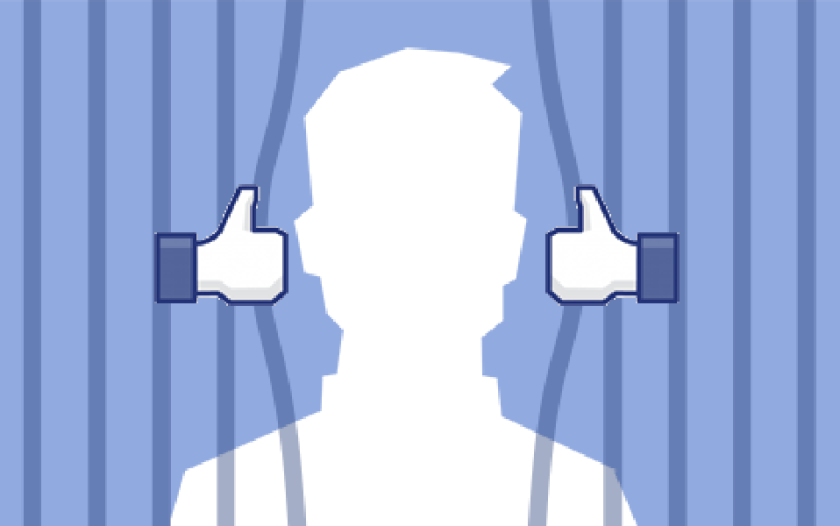How The Big Tech stays big?

“Why do I need six communicator apps on my phone”? I hear this frequently, being “That Computer Guy” of my family. “Why can’t you solve that?”, follows next. My answer: “Of course we can, and we even did. Remember XMPP standard? But … Because Money, Markets and Stonks!”
Cory Doctorow, insightful as always, explains in his new essay how The Big Tech stays Big, by locking us in technical silos and raising costs of switching.
https://pluralistic.net/2021/08/28/talking-hard-work-blues/#hostage-takers
As for my six communicators, the solution has been around since 1999. It’s XMPP standard, internationally agreed and properly RFC-ed. WhatsApp originally used XMPP, until they’ve switched to proprietary protocol.
Cory Doctorow quotes quite amusing internal communications at FB in the light of ongoing antitrust investigation by the FTC. If anyone still has illusions, juicy pieces like this one might help:
Zuckerberg’s M&A chief writes to him to say, “imo, photos (along with comprehensive/smart contacts and unified messaging) is perhaps one of the most important ways we can make switching costs very high for users […] if we are where all users’ photos reside because the upoading [sic] (mobile and web), editing, organizing, and sharing features are best in class, will be very tough for a user to switch if they can’t take those photos and associated data/comments with them.”
This is clearly not a technical issue. Systems integration is something we do daily. We know very well how to make systems talk seamlessly, if only we’re allowed to.
But first, our lawmakers need to step in and enforce publicly agreed open standards upon The Big Tech. Free markets, sure. But yet we don’t allow power utilities to produce electricity at arbitrary voltages, do we? We don’t allow mobile providers use arbitrary frequencies or non-standard signal encoding, do we? We don’t allow producers of nuts and bolts to invent their own metric systems, so that only their tooling fits.
Everywhere we look around, we see an all-encompassing system of consistent technical norms and regulations. We enjoy the smooth working of developed societies, without even thinking of this invisible legal framework. The very basis of modern industrial society are publicly owned standards and strict enforcement thereof, all for the common good. It’s about time that the same rules of social responsibility are applied to the Big Tech.